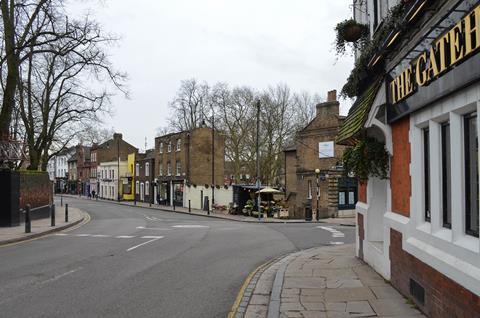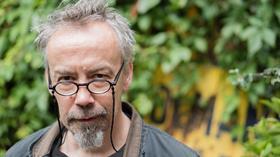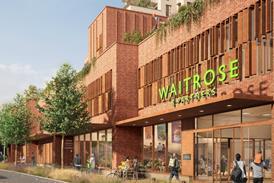David Rudlin and Manchester architecture lecturer to study 100 high streets

Building Design columnist David Rudlin has been awarded this year’s £100,000 Built Environment Fellowship by the 1851 Royal Commission.
The director of Urbed and chair of the Academy of Urbanism won the prestigious award with Lucy Montague from Manchester School of Architecture.

Together they will spend two years investigating the stories behind 100 British high streets, both those that are struggling and those that have bucked the national trend.
Rudlin said: “The research will explore large metropolitan centres, out-of-town shopping centres and smaller towns, aiming to illuminate the variety of forces at play in the decline of the high street, while highlighting inspiring examples of grassroots success and what wider lessons can be drawn.
“There are a huge number of policy initiatives at the moment looking at the high street including the £675m Future High Streets Fund. But before we prescribe the medicine we should take a little more time to make sure we have the right diagnosis.”

Six years ago Rudlin won the £250,000 Wolfson Economics Prize for his work on garden cities.
Urbed’s work on the high street dates back to the mid-1990s when it developed a methodology for town centre health checks and wrote the government’s good practice guide Vital and Viable Town Centres.
The Built Environment Fellowship is one of 35 post-graduate awards made each year by the Royal Commission for the Exhibition of 1851 which was established by Queen Victoria at the time of the Great Exhibition in Hyde Park. The fellowships and scholarships are awarded to support pure and applied research in science, engineering, design and industry.
Montague said: “Research often aims to draw universal conclusions, and to make itself useful by producing examples of best practice and toolkits that can be widely applied.
“By looking across 100 high streets we will understand how much more specific and nuanced the task of sustaining high streets is, capturing the particularities of different situations and understanding the importance of bottom-up activities which cannot be prescribed by policy.
“In this way we hope to illuminate the many different ways in which high streets can succeed or fail, and to inspire more places to take action.”
















No comments yet